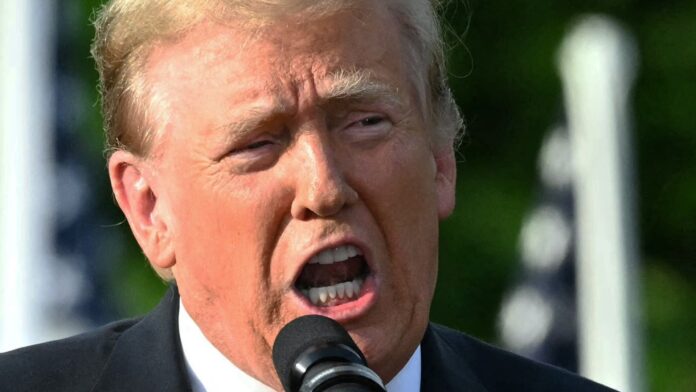Key Falsehoods or Claims:
The main falsehood in this article is the claim that Saudi TV used AI to cover up Donald Trump’s supposed “coffee snub” during the G20 summit. The article debunks this claim, stating that there is no evidence to support this conspiracy theory.
Source:
The source, France 24, is a reputable and neutral outlet. They provide fact-based reporting and analysis, without a bias towards any particular political ideology.
Analysis of Media Influence:
This article sheds light on how false claims and conspiracy theories can quickly spread through social media and other platforms. The spread of such misinformation can shape public opinion by influencing people’s perception of political leaders and events. In this case, the conspiracy theory about Saudi TV using AI to cover up Trump’s “snub” could potentially undermine public trust in the media and political leaders, contributing to a more divided and polarized society.
Threat to Democracy:
The dissemination of false information, whether intentionally or unintentionally, poses a significant threat to democracy. It erodes public trust in institutions, distorts public discourse, and undermines the democratic process. In this case, the spread of the “coffee snub” conspiracy theory could contribute to a climate of distrust and confusion, making it more difficult for citizens to make informed decisions about their leaders and policies.
Further Reading:
For further reading on the topic of media influence and misinformation studies, I recommend exploring reputable sources such as the Pew Research Center, the Harvard Kennedy School’s Shorenstein Center, and the RAND Corporation’s research on media and democracy. These sources provide valuable insights into the impact of misinformation on public opinion and democratic processes.
Source link
Redirect URL
